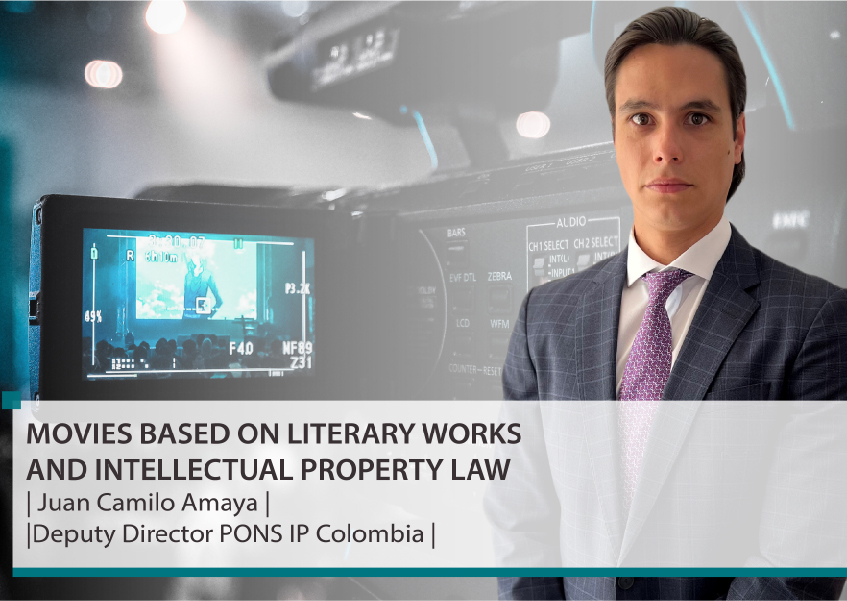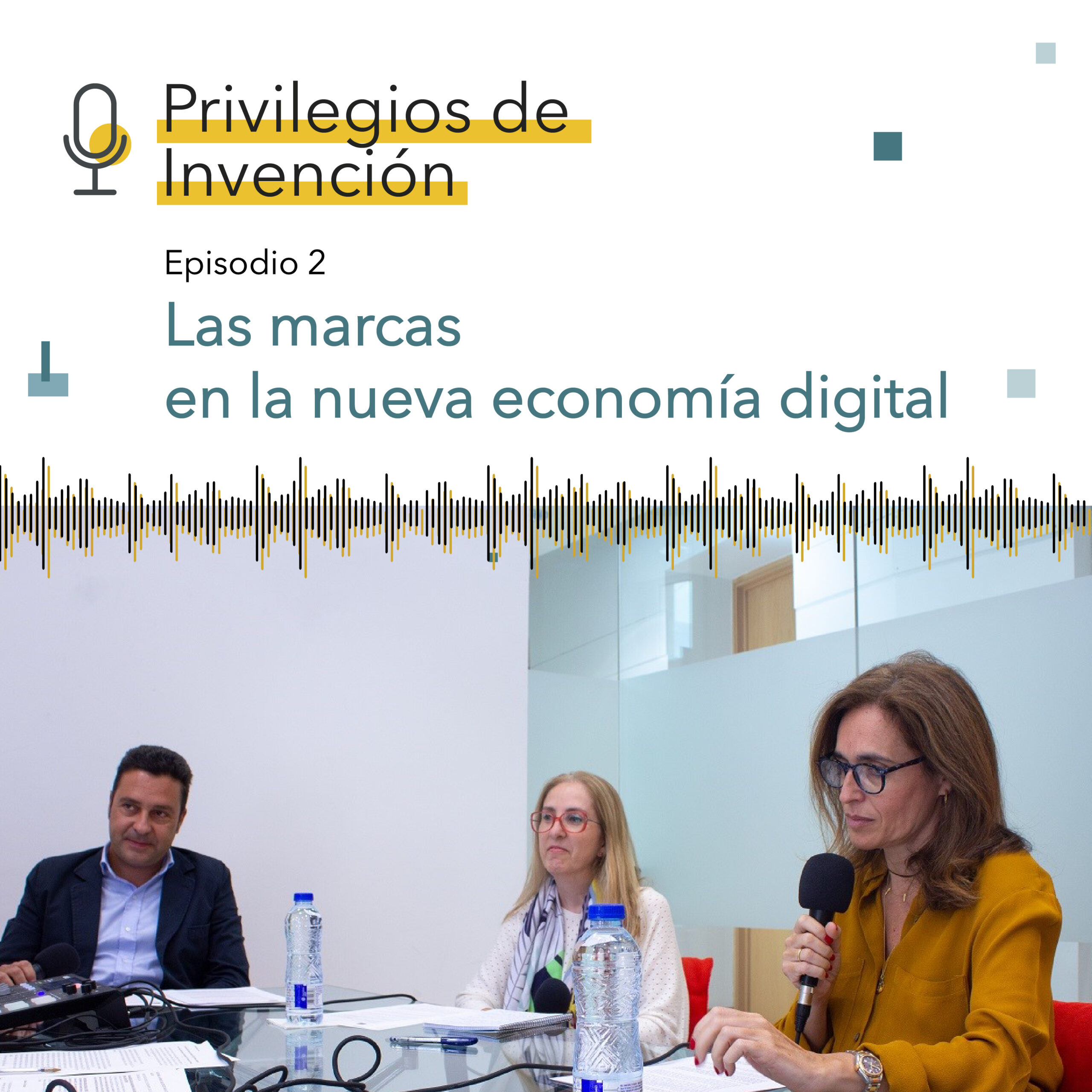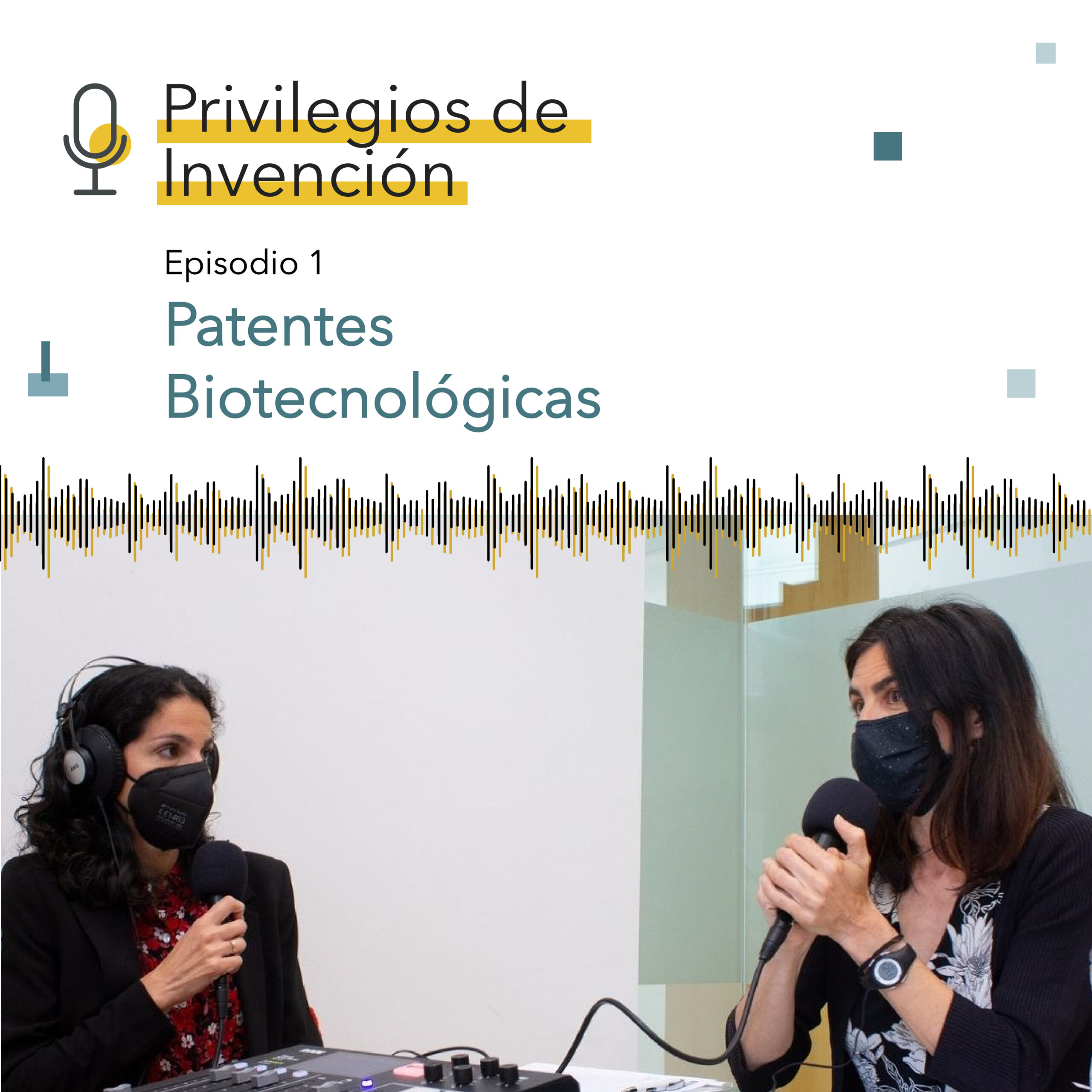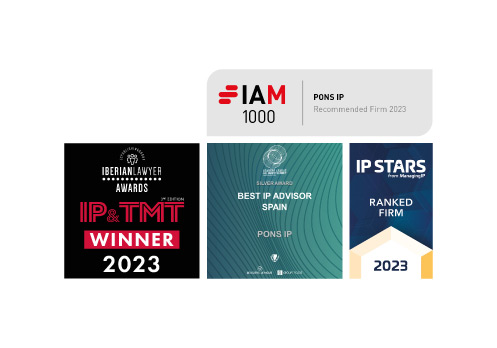Cinema has always found a source of inspiration in literary works to bring stories that have already been told in written form to the screen.
The obvious and famous examples are, among others, all those superhero movies based on Marvel or DC Comics comic books that attract so much the audiences’ attention, or the more than 20 James Bond movies based on the famous character from the novels of the English writer Ian Fleming.
Other successful cases of literary works that have become audiovisual works that we all know are: ‘Lord of the Flies’, ‘Harry Potter’, ‘The Lord of the Rings ‘, ‘The Da Vinci Code’, ’50 Shades of Grey’, ‘The Pianist’and ‘Schindler’s List’, among many, many others. Arguably, it is hard to find a movie that is not based on and/or inspired by a story that has not been told in written form before.
This is not meant as a criticism at all. I believe it is worth retelling the stories if they are good, and maybe even through other artistic forms, such as audiovisual works, which are complex works protected by their own copyright.
However, from an Intellectual Property (IP) point of view, it is interesting to know how the rights of a literary work are not affected by the making of a subsequent work, i.e. the movie, which is inspired or based on the novel, comic, book, etc. In principle, the simple answer should be through licenses, cessions and, ultimately, through agreements. Let’s see:
According to the article written by Cathy Jewell and which can be read on the World Intellectual Property Organization (WIPO)website, whoever seeks to make a successful movie – usually its producer or group of producers – must first find a good story. And there is no better place to look than a story that has already been written.
Movie producers may want to make a movie from a literary work, but they must first negotiate with whoever has the rights to that work, so that it can be transformed into a work of another type, an audiovisual work, movie, etc. If the literary work is to be modified in any way, negotiations should also include that aspect, since everything must be negotiated and agreedupon expressly in writing within an agreement when Copyright is involved. Thus, in addition to the care required due to Intellectual Property Laws, negotiating the transfer of a literary work from paper to screen requires great care and knowledge of contractual practice. The producer must be sure to negotiate all the ways in which the literary work can be modified and then commercially exploited. That is, if it will be screened in theaters, available for downloading through digital platforms, available for streaming, on which platforms, if physical copies can be sold, in which countries, for how long, etc.
With the above in mind, it is also very important to bear in mind that a variety of copyrighted works actually convergein a movie or audiovisual work, creating together what we know as the final product, what we watch, hear and listen to on screen.
The audiovisual or cinematographic work includes a script which, in the case of films based on previous literary works, is derived from that literary work, and these scripts become another work protected by copyright, with its own author: the scriptwriter. Thus, the film producer will have to negotiate all the details with the scriptwriter to modify, use and commercially exploit the script, in the same way as they did with the holders of the literary work’s rights.
There is also the soundtrack, which can be made up of musical works already existing before the movie is made, or created specifically for it. An example of the latter is the music in ‘Star Wars‘ or ‘Jurassic Park‘, created almost entirely by the musician John Williams In this case again, the producer will have to negotiate with the holders of the musical work’s right to modify, use and commercially exploit such works as part of the movie, just as they did with the holders of the rights of the literary work and the script.
Likewise, there are artists and designers who are in charge of the set design,, costume design, photography, direction of the movie and many other things, all of them acknowledged in the credits, which, as we have all seen at some point, are a list of people who deserve to be publicly recognized according to their contributions within the complexity of the audiovisual work. Copyrights on the artistic works that these persons have created for use in the movie must also be negotiated with and by the producers, ensuring that all possible forms of exploitation are covered by the agreement(s) entered into.
From the contractual point of view, there may be agreements for the provision of services and/or labor agreements. However, the important point is that the clauses concerning the cession and/or license of rights are signed.Such clauses must be clear, specific and above all, sufficient to carry out the expected exploitation. This is clearly a complex process which requires care and not only specific knowledge – particularly in Copyright – on the part of the Intellectual Property lawyers that advise the producers, but also a lot of coordination between the advising lawyer and the client.
As if the process was not complex enough, the rights of the cast – a key part of a movie – are also protected by copyright. Their interpretations of the script are protected by Related Rights and therefore their exploitation by the producers must also be precisely and carefully negotiated.
Given the above, and in addition to the ample evidence that exists, it is clear that a literary work can be taken to the screen in the form of an audiovisual work, being turned into a movie, even a saga. However, it should be clear that doing so is not a simple task and requires the advice and teamwork of many experts: screenwriters, directors, musicians, actors, artists, designers and, above all, lawyers to ensure the success of the project.
When you decide to produce an audiovisual work, make every effort to engage a legal team to advise you from the preliminary stages of negotiation with the participants in the production of the work, through to the final stages and distribution of the work. Your production and legal teams must work continuously and closely synchronizedbecause, as mentioned above, there are many rights protected by Copyright involved in the production of an audiovisual work.
To this end,PONS IP has a team of lawyers and advisors specialized in Intellectual Property and Copyright at your disposal to advise you on these matters.
Juan Camilo Amaya
PONS IP




